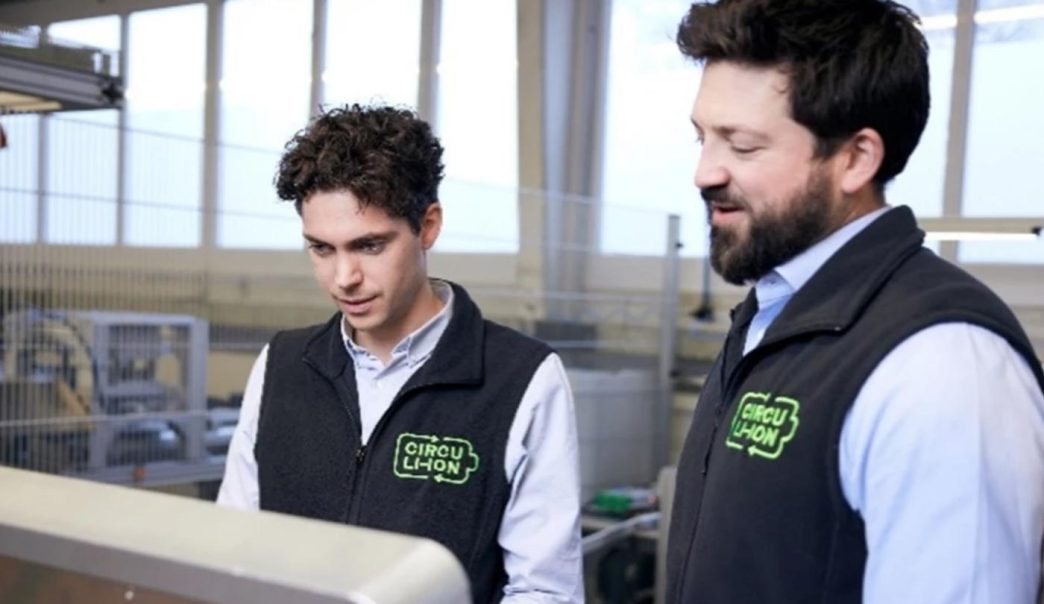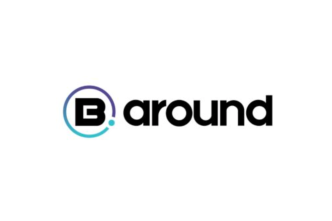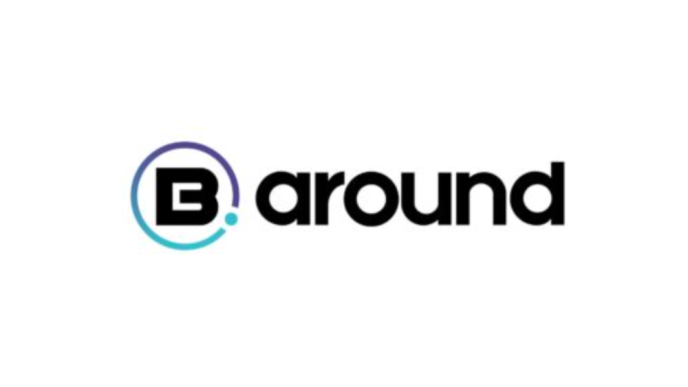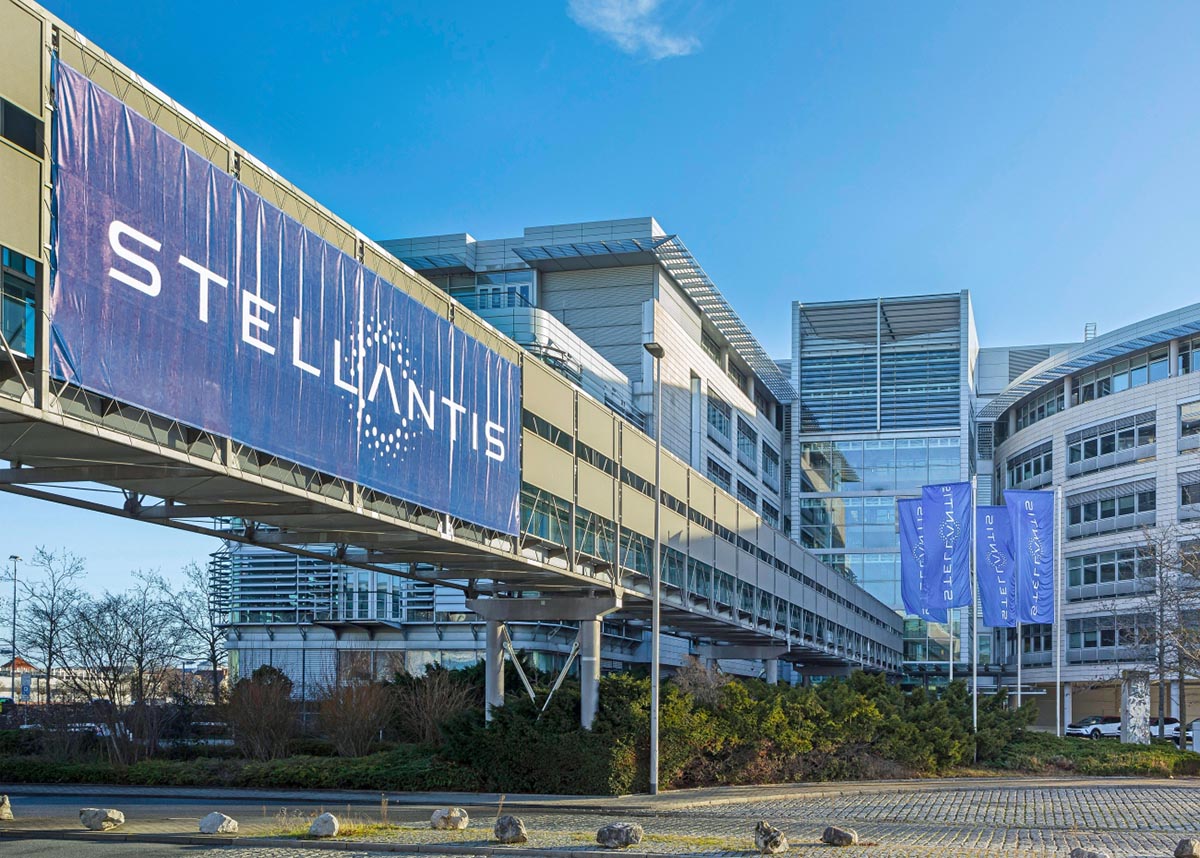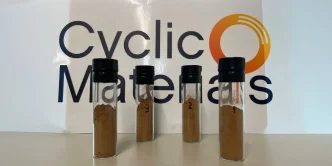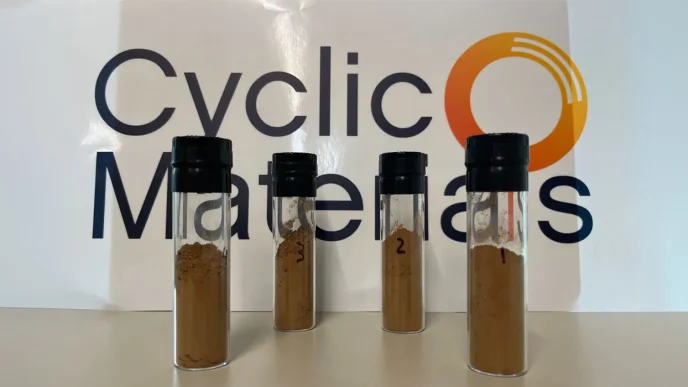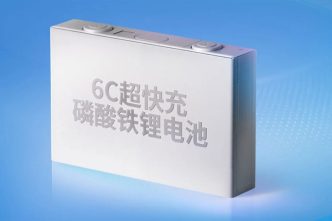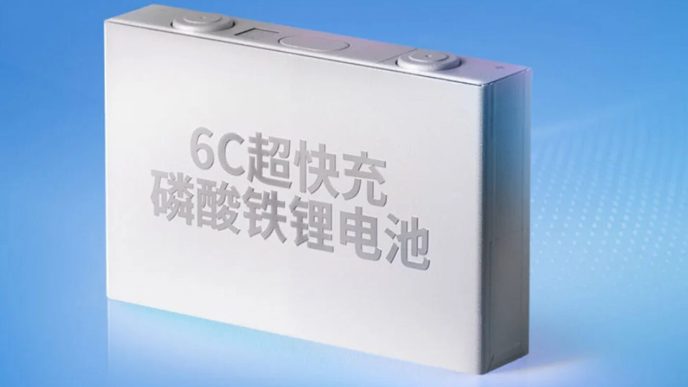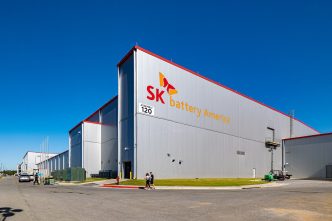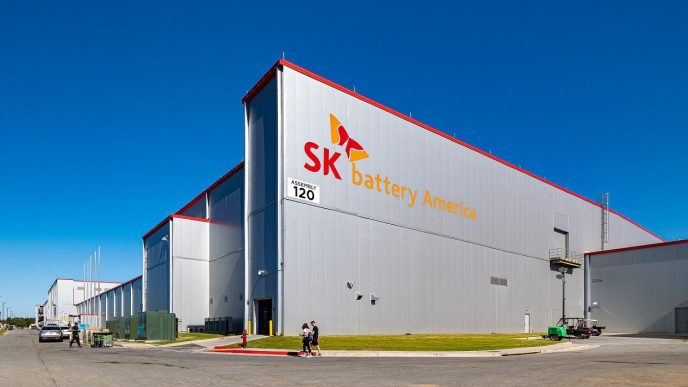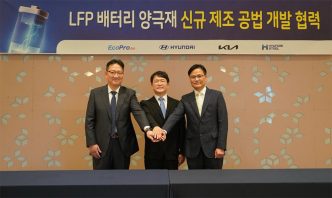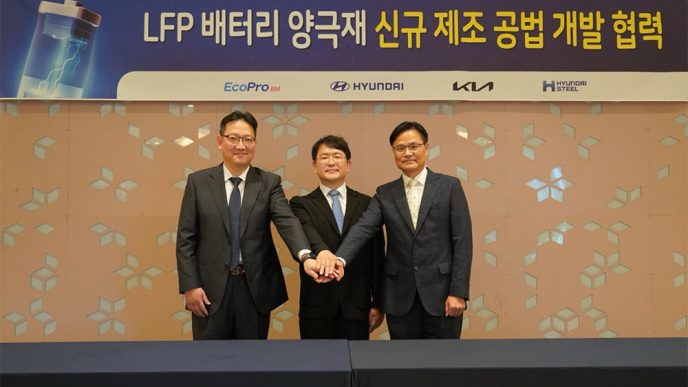The German-Luxembourg battery recycling startup Circu Li-ion is collaborating with Amazon to optimize the service life of batteries in logistics processes. By focusing on the effective reuse of batteries from electric vehicles (EVs), Amazon aims to decrease the demand for new batteries and lower its associated carbon footprint.
Circu Li-ion is set to analyze Amazon’s operations to enhance the reuse and recycling of electric vehicle batteries. In an automated process, batteries will be disassembled, and individual cells will be evaluated for potential reuse or recycling.
The pilot phase is scheduled to commence after September 2024, allowing Circu Li-ion to implement its technology in Germany. Over a six-month period, the two companies will jointly process batteries sourced from Amazon’s delivery network using Circu Li-ion’s innovative methods.
Circu Li-ion has received funding from the Amazon Sustainability Accelerator program, which announced its support for the startup during its latest funding round in June 2024. Amazon emphasizes that Circu Li-ion could serve as a model for other companies aiming to electrify their logistics while maximizing the utility of their vehicle batteries.
In June, Circu Li-ion announced that its workforce has expanded to 34 employees across its locations in Karlsruhe, Berlin, and Luxembourg. The company collaborates with various original equipment manufacturers (OEMs) from the electromobility sector, including electric vehicles, scooters, and e-bikes, as well as recycling firms, to create a sustainable battery recycling cycle.
To streamline the recycling process—covering unloading, dismantling, and disassembling of used batteries—Circu Li-ion will employ AI algorithms aimed at minimizing manual labor and environmental impact. The facility in Karlsruhe is designed to provide “clean upcycling” for clients through its “Disassembly-as-a-Service” model.
Additionally, the data collected during these processes will contribute to the creation of what Circu Li-ion envisions as the “world’s largest data repository for battery recycling.” The company stated, “By employing real-time data collection and analytical algorithms, Circu Li-ion won’t just house but also enable actionable insights from the world’s largest battery recycling data repository, thus facilitating data-driven decision-making across the platform.”
Digital platforms and processes for battery reuse and recycling are crucial for identifying batteries that can be repurposed after their use in high-performance electric vehicles, such as cars, trucks, and buses. These batteries can then be utilized in lower-performance vehicles like mopeds or stationary storage systems. According to industry players in the second-life sector, only 10 percent of automotive batteries repurposed for second-life applications could fully meet all stationary storage needs.


